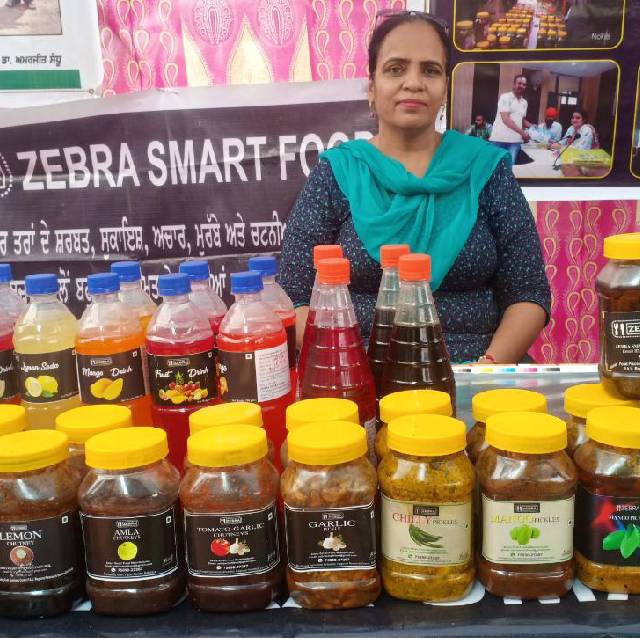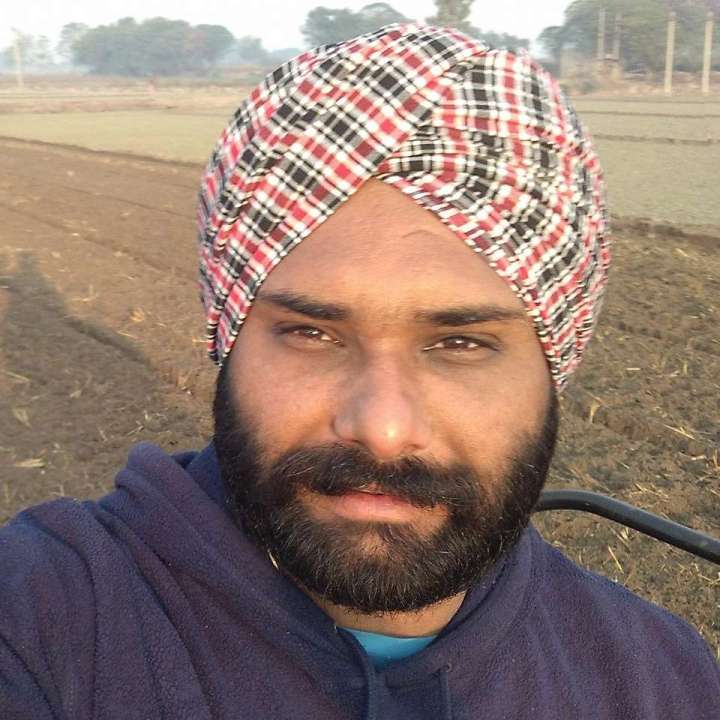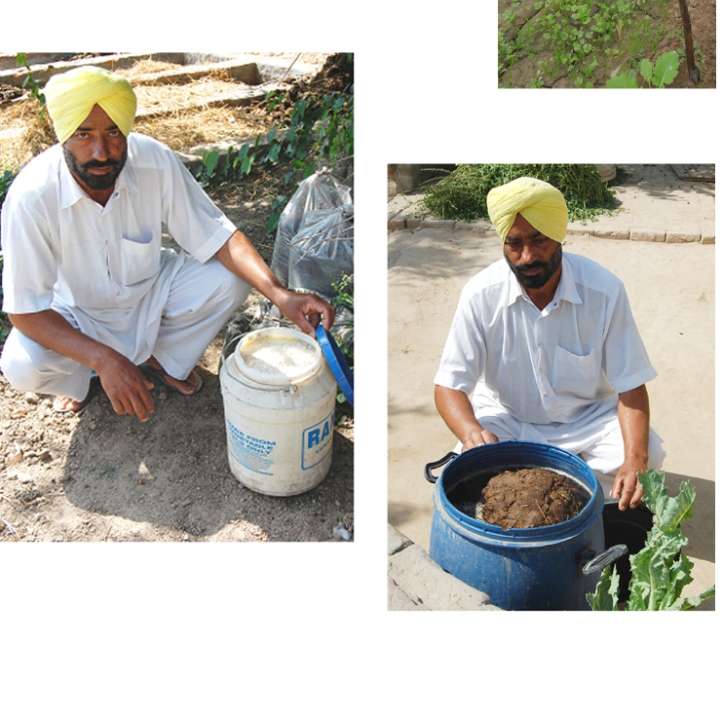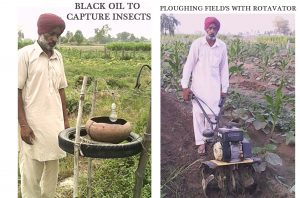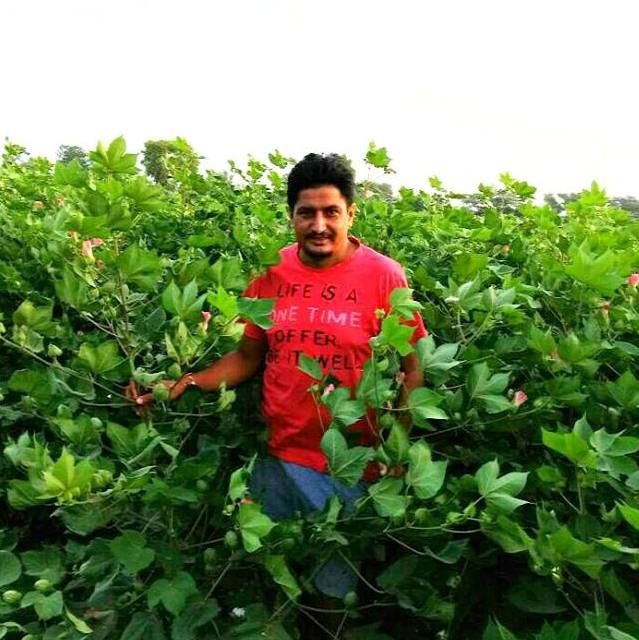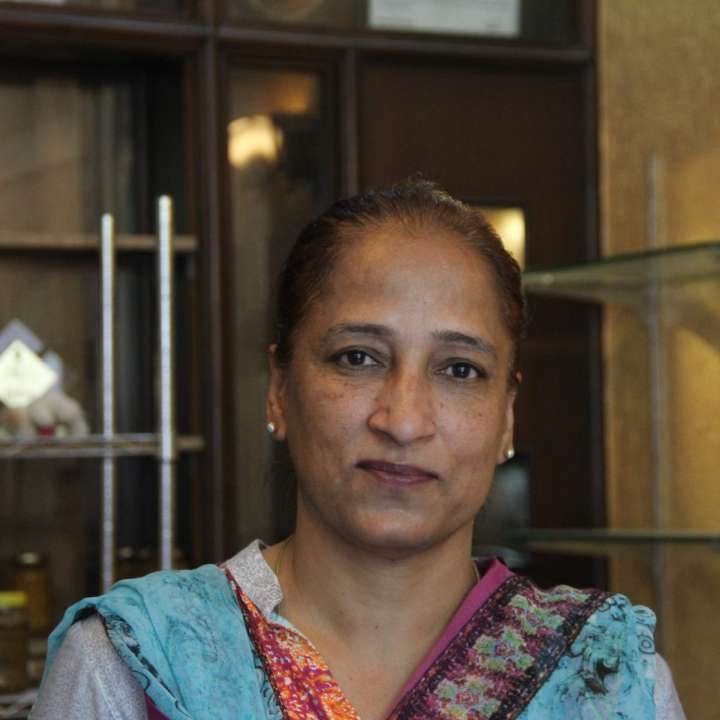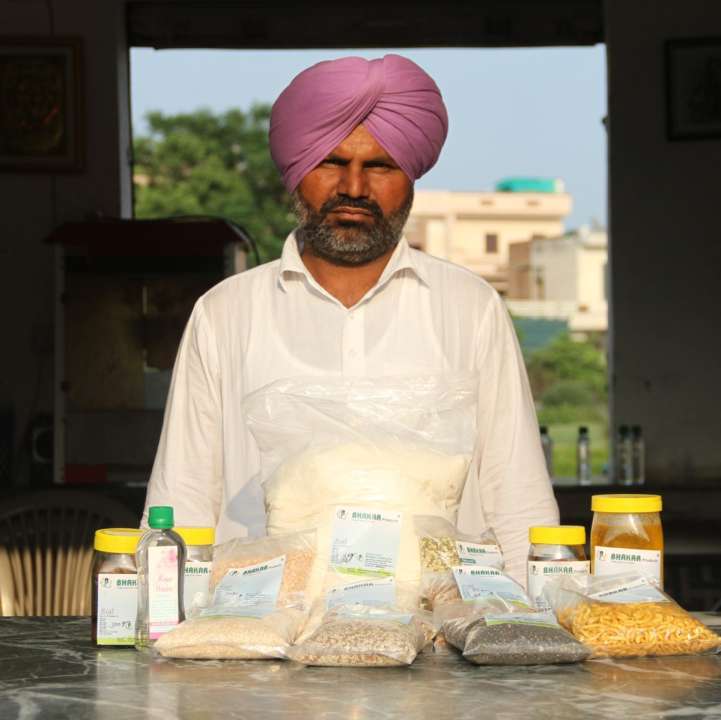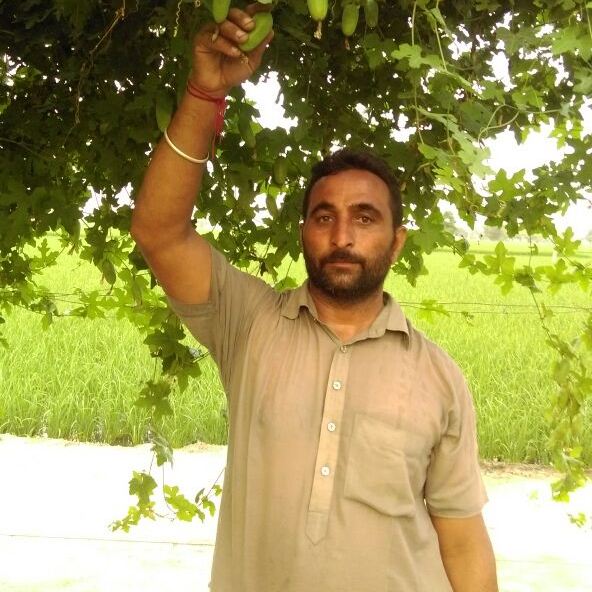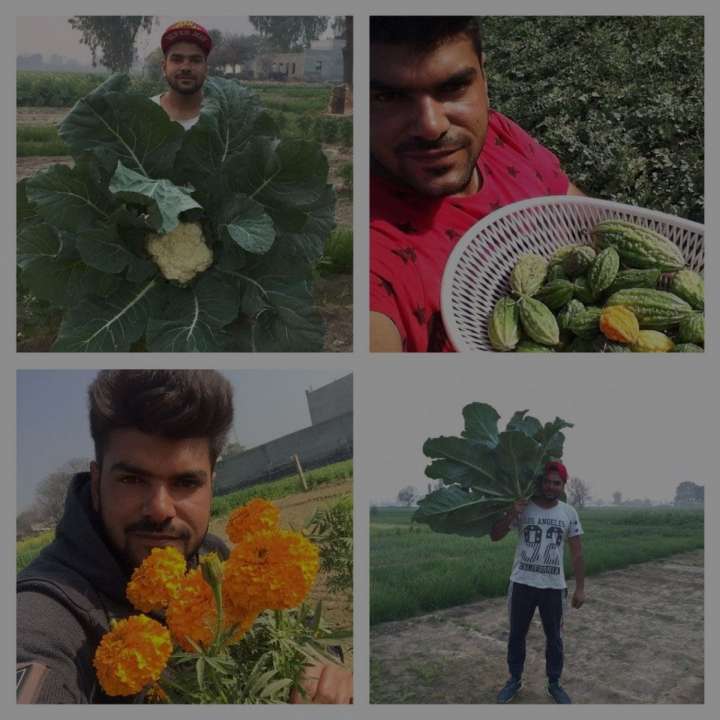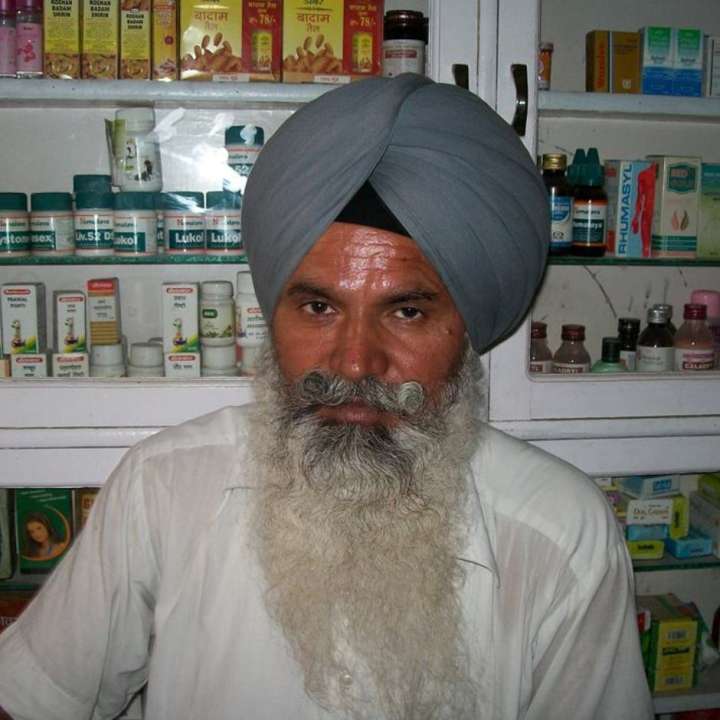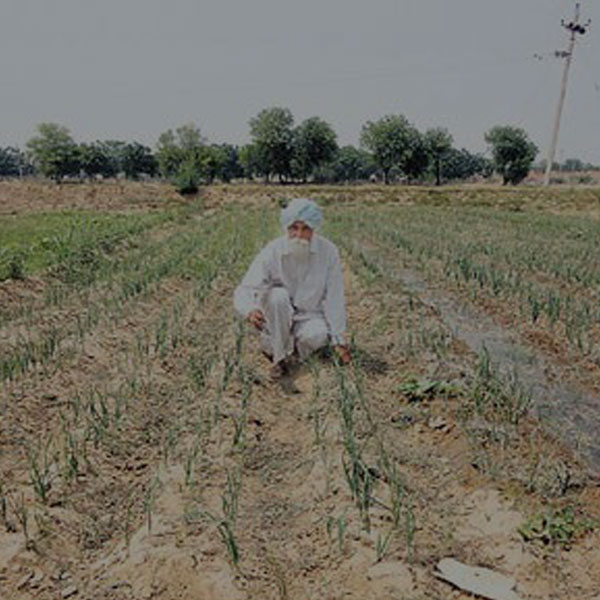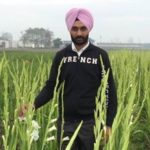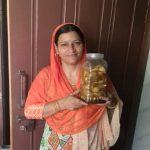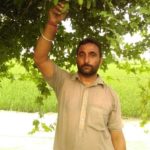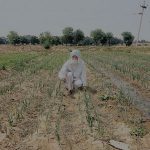There are very few compassionate people who like to think for the welfare of the society and direct their future on the path of agriculture because making profit from the path related to agriculture it is not that easy. But there are many opportunities in our surrounding, that we just have to learn to seize it. One such woman who came with her innovative dreams and thinking to devote her life to the field of agriculture and agribusiness is Mrs. Shahnaz Qureshi.
Despite getting married at a very young age, Shahnaz Qureshi never stopped dreaming. After marriage, she continued her studies and completed her graduation and also did M. Sc. in fashion designing. She got many job offers from abroad but she chose to stay in her country and do something good for her society.
During all this time, one of the instance that changed her perception towards the food quality and her future plans was her parent’s health. Both, her mother and father were suffering from common health issues like arthritis, diabetes and kidney problem. She thought that if food is the reason behind problems, then food will be the only cure. She changed the food habits of her family and started eating only good and fresh things. This habit made a huge difference in the health of her father and mother. Just after seeing huge improvement she decided of entering the food processing business. Moreover, sitting idly was not what she was made for, so she chose to step in the field of agribusiness and help unprivileged farmers.
Her decision of stepping in the field of agribusiness was just the first step of success and rest the whole Bathinda knows about her. She and her family took training from KVK Bathinda in beekeeping and started beekeeping business with 200 honey bee boxes. She did the marketing and her husband did the processing part. To take more advantage of this business she also started making face wash, soap, and body scrub of honey. Customers start liking it and approached her for more. After some time she also took training in vegetable/fruit farming and food processing and started implementing it by making chutney, murraba, and pickles.
There was also a time when even her husband criticized her for the work she was doing, because he was unsure about the business profit, moreover he also thought that these products are already available in the market, then why people are going to buy these things from them. But she never got demotivated, because her children’s support was always with her. Some great personalities who always inspired her are APJ Abdul Kalam, Bill Gates, Akbar and Swami Vivekananda. In free time she loves to read books about them.
With the time she increased her collection of products and started gaining good profit from it. And soon she also started making fruit squashes, gram flour badiyaan and pakode and many other things. Sprouted fenugreek pickle is one of her popular products which is always in demand because of its amazing health benefits in most of the fairs and events organized by PAU in Faridkot, Ludhiana, and other places. She made a different place for her products in the market and gained a huge loyal customer base.
In 2014 she made a farmer self-help group in Mehma Sarja village near Bathinda and through this group she promoted other farmer’s products. Sometimes she even overlooked her profits just to help and support farmers who lacked confidence and resources. In 2015 she made a firm by the name FRESH HUB and there she started selling her products. Today, she has total 40-45 products in the collection, which she buys, process, pack and market herself. She is making all these efforts just to ensure the purity and healthiness of the products so that there will be no side-effects on the customer’s health. Even when she prepare pickles, she never uses cheap vinegar and always uses apple vinegar to ensure the best quality.
In 2016 she also took vinegar training and very soon she will be implementing that too. Currently, she is making 10 lakh profit annually. One thing that she understood very early and implemented was to deliver always the quality, not the quantity or just the taste. For marketing, she is using the latest technology like Whats App to connect with the farmers and other necessary details. Before purchasing, she always makes sure that she purchases chemical free vegetables and also encourages farmers to start organic farming. Her work not only includes processing and marketing the products, but she also provides free information about her technique to other women, because she wants other people to progress and do something good for the community.
From the beginning, Shahnaz Qureshi’s mindset was very clear towards her work. She wants everyone in the society to be independent and confident. She has given her children an upbringing that they don’t have to spread their hands in front of anyone, they should be self-sufficient to fulfil their basic needs themselves. Today her main focus is towards the youth especially the girls. To make her thinking and skills reach more people, she has also given training and information through TV, newspaper, and radio. She personally visits the farmer training events and meetings to especially impart her skills to them. In 2016 she also started tiffin service for college students. Today, her work has made her so popular that she has her own radio show that is aired every Friday from 1 PM to 2 PM, where she gives tips to people about water management, health food recipes and much more.
As being a Kashmiri by birth, Shahnaz always tries to bring an essence of her native place in her work and products. She has opened a restaurant in Bathinda by the name “Shah’s Kashmiri and Mughlai Chicken” and is also planning to give a rustic Kashmiri interior and use Kashmiri crockery set in her restaurant, even she also has a popular product known as Kashmiri Kahwa (Tea) which reflects the core of Kashmiri tradition and cuisine. She wants to share every healthy, beneficial and traditional recipe that she knows through her products, restaurants, and training. She also has orchards in Kashmir, which is under the care of her cousin in her absence. In orchards she follows organic ways to nurture it, to maintain the soil fertility and get a good yield from it.
These are just a few achievements of Shahnaz Qureshi, in the coming future, she will accomplish more to work in the interest of the society. Her efforts are admired by many organizations and she was awarded by the food processing department of Muktsar Sahib. Other than that in 2015 she was also awarded Jagbir Kaur Memorial award by PAU.
MESSAGE TO FARMERS
“
Don’t blame the government all the time. Because the problems which we are facing today, for that only we are responsible. Nowadays farmers are not aware how to take advantage of the opportunities. Because if farmers want to move ahead then they have to change their thinking. Moreover, it is not necessary to follow, you can be the inspiration for others. Farmers have to understand that food processing has more money than raw material.
”


